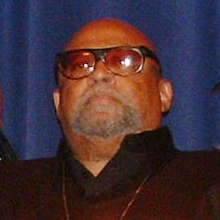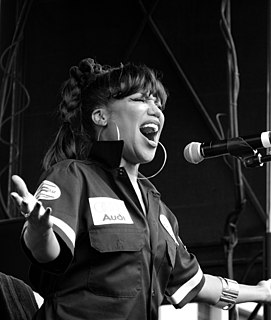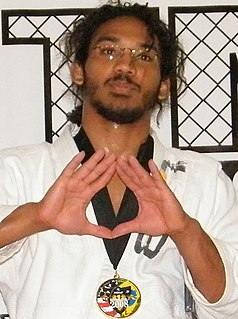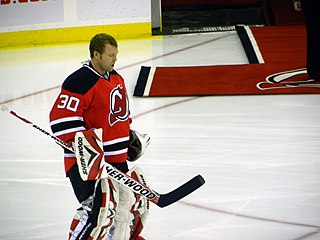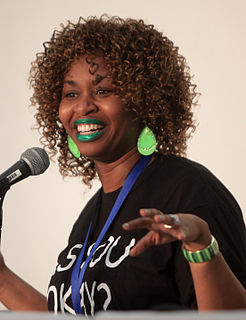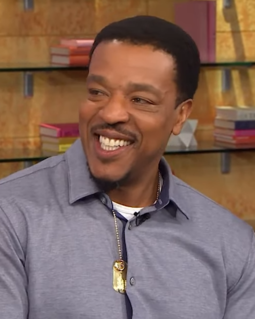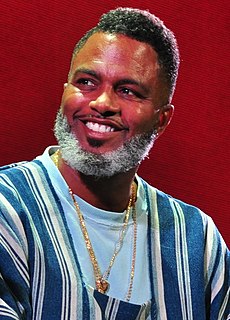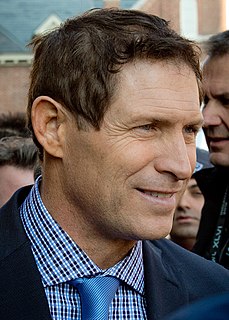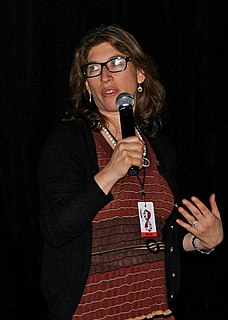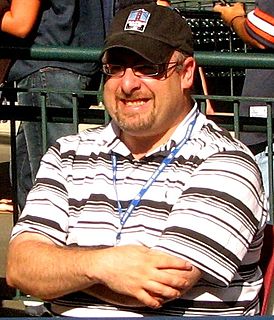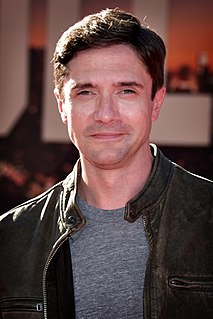A Quote by Hilary Hahn
I get to work with a lot of great musicians - many I wouldn't have expected to work with - and see how they form their lives around their music and how they approach it.
Related Quotes
I'm grateful to see my work flourish in my lifetime. Many of the great people in our history were not able to see how much their work, suffering and sacrifices enriched our lives and pushed our struggle forward. But I've been blessed to see my work begin in a family home, spread around the world and be embraced by millions of African people throughout the world African community.
You learn from music, from watching great athletes at work - how disciplined they are, how they move. You learn these things by watching a shortstop at work, how he concentrates on one thing at a time. You learn from classic music, from the blues and jazz, from bluegrass. From all this, you learn how to sustain a great line without bringing in unnecessary words.
It doesn't matter if it's jazz or not. It's about how we listen, how we interact, how we guide our attention when we're listening, and how we can refine what we're doing musically. Also how we can create our own music, and what opportunities that can bring us, as creative musicians. And then insisting that musicians put themselves through an intellectually rigorous process, which involves a lot of reading and writing, while insisting that music scholars think about ethics.
For me, let's keep jazz as folk music. Let's not make jazz classical music. Let's keep it as street music, as people's everyday-life music. Let's see jazz musicians continue to use the materials, the tools, the spirit of the actual time that they're living in, as what they build their lives as musicians around.
The great jazz radio stations have a duty to continue evolving their format just as audiences ask the musicians to evolve. How do you do that with a form of music that has 100 years of recorded history? How do you also keep it contemporary so you don't isolate your listeners? These are major questions.
You do your work. You get up in the morning, you choose an outfit, you know? It doesn't have to be the best thing that you wear, you know what I mean? It's music, man. You do an album, complete it, and then musicians are on to the next thing. Nobody cares about how many units it sold as compared to the old one.
I had admired Waylon [ Jennings], but I never expected to meet him and get to know him. When I finally moved to Nashville years later, one night I went to a Harlan Howard Guitar Pull thing, and there was Waylon. He started talking about how much he loved my work and how great I was, and I couldn't even get a word in.

